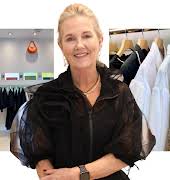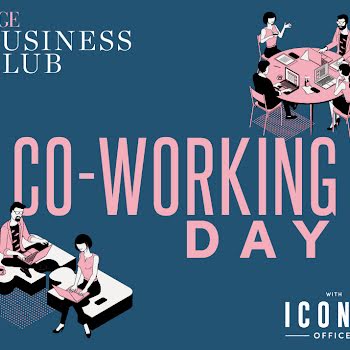
Employers must do more to prevent sexual harassment in the workplace
Sexual harassment in the workplace should be a thing of the past, but unfortunately, employers are not doing enough to prevent it, writes Colette Sexton.
In recent years, there has been a major shift in attitudes around what is considered ‘appropriate behaviour’ in the workplace. Although it is positive that people in the public eye have come out and talked about their experiences of sexual harassment, there is still a long way to go. Many people still dismiss serious incidents of sexual harassment as “banter” or “a bit of fun”.
Attempts to change those attitudes are not about stopping people from having fun. They are about stopping people from being afraid and from being victimised. In Ireland, the legal definition of sexual harassment at work is “any form of unwanted verbal, non-verbal or physical conduct of a sexual nature, which has the purpose or effect of violating a person’s dignity and creating an intimidating, hostile, degrading, humiliating or offensive environment for the person”.
In essence, that means that sexual harassment is unwanted conduct of a sexual nature.
The unwanted conduct may consist of “acts, requests, spoken words, gestures or the production, display or circulation of written words, pictures or other material”.
The protection against sexual harassment extends to where the person is at work or “in the course of his or her employment” and so would extend to work social activities, such as company away days, Christmas parties and client events.
According to the law, an employee can be sexually harassed by a fellow employee, the employer, a client, a customer or other business contact of the victim’s employer and if this is the case, the victim can claim discrimination by their employer. It also constitutes discrimination if an employee is treated differently for accepting or rejecting the sexual harassment.
What does all of this mean for the employer?
Eilis Barry, the chief executive of FLAC, an independent human rights organisation dedicated to the realisation of equal access to justice for all, said: “In effect, this means that employers should have proper policies and procedures in place which clearly state that sexual harassment will not be tolerated and proper procedures for an employee to make a complaint.”
The legislative protection is gender-neutral and applies to both men and women as well as those who are transgender.”
Eilis added: “Employees have a right to work in an environment free from sexual harassment.”
Not only should employers introduce procedures for dealing with sexual harassment, but they should also make these systems known to their staff.”
Proper policies
She said: “Employers need to have proper policies in place which are well known and widely circulated to make it clear that sexual harassment will not be tolerated. Relevant senior employees should have equality/harassment training. It is not enough to have good procedures. They need to be applied properly, promptly and reviewed regularly.”
The policies should detail the formal and informal actions an employee can take and the employer will take if someone is the victim of sexual harassment. But it goes beyond policy to culture. Incidents of harassment can become more frequent when people are seen to be “getting away with it”.
If you are in a senior position and you see inappropriate behaviour — even if the victim does not directly complain to you — you need to act. Don’t wait around hoping someone else will. Remember, an employer is legally responsible for the sexual harassment and harassment suffered by employees in the course of their work unless he/she took reasonably practicable steps to prevent sexual harassment and harassment from occurring, to reverse the effects of it and to prevent its recurrence.
This article was first published in February 2020.






















